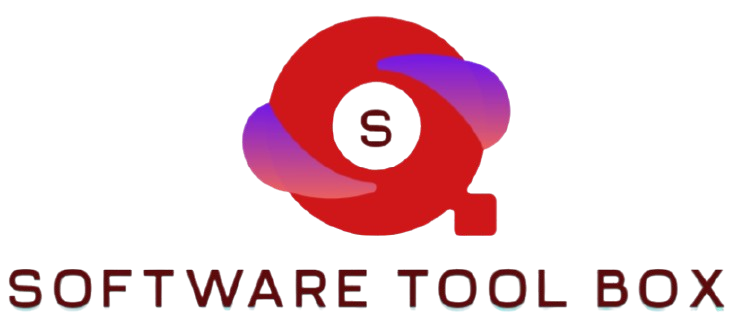
In the ever-evolving landscape of modern workplaces, the shift to remote work has become more than just a trend, it’s a necessity. With the rise of remote work, CEOs like Juliana Chan of Wildtype Media are redefining what it means to build and manage successful teams. As businesses navigate the challenges of remote work, including data privacy concerns and the need for effective employee monitoring software, understanding what qualities a CEO looks for in remote employees has never been more crucial.
The Rise of Remote Work
Remote work has skyrocketed in popularity, driven by factors such as technological advancements, changing workplace attitudes, and the global impact of events like the COVID-19 pandemic. According to recent statistics, over 80% of U.S. employees report working remotely at least some of the time, with remote work expected to continue growing in the coming years. However, with this shift comes a unique set of challenges, including concerns about data privacy and the need for robust employee monitoring software to ensure productivity and security.
What Juliana Chan Looks for in Employees?
As the founder and CEO of Wildtype Media, Juliana Chan understands the importance of finding the right talent for remote teams. In her experience, two key traits stand out as essential for success in a remote work environment: excellent virtual communication skills and accountability. While these qualities may differ from traditional in-person workplace expectations, they are crucial for fostering collaboration and maintaining productivity in remote teams.
Virtual Communication

Effective communication lies at the heart of remote work success. Remote employees must excel in virtual communication channels such as Slack, email, and Zoom to stay connected with their colleagues. However, as Chan highlights, not everyone thrives in virtual communication environments. Some employees may struggle to engage in virtual water-cooler conversations or build strong professional relationships with their remote teammates.
To address these challenges, companies may implement employee monitoring software like Controlio, which allows for real-time monitoring of remote workers’ activities while ensuring data privacy compliance.
Accountability
In a remote work setting, accountability is paramount. Remote employees must take ownership of their work performance and meet deadlines without constant supervision. Without accountability, productivity can suffer, leading to missed deadlines and communication breakdowns.
Chan emphasizes the importance of creating a culture of accountability within remote teams, where employees are proactive in reporting problems and seeking help when needed. Employee monitoring software like Controlio can play a vital role in fostering accountability by providing insights into remote workers’ activities and identifying areas for improvement.
The Role of Employee Monitoring Software
Employee monitoring software has emerged as a valuable tool for remote companies seeking to enhance productivity and security. Controlio, for example, offers advanced features such as real-time activity monitoring, website and application tracking, and productivity analysis.
With Controlio, CEOs like Juliana Chan can gain valuable insights into their remote teams’ activities while ensuring data privacy compliance. By leveraging employee monitoring software, companies can empower remote employees to work autonomously while maintaining accountability and productivity.
Conclusion
As remote work continues to reshape the modern workplace, CEOs like Juliana Chan are reimagining how they build and manage remote teams. By prioritizing traits such as excellent virtual communication skills and accountability, Chan ensures that her company thrives in a remote work environment.
Moreover, with the help of employee monitoring software like Controlio, CEOs can address data privacy concerns and enhance productivity in their remote teams. As businesses embrace the future of work, understanding what CEOs look for in remote employees will be key to success in the digital age.






